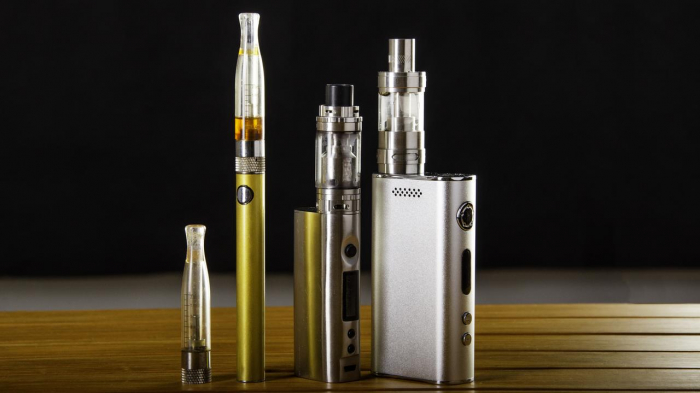The study published on Monday in the journal JAMA Internal Medicine showed that pulegone, a potential carcinogen, is present in concerningly high levels in menthol and mint flavored e-cigarettes and smokeless tobacco products.
"FDA should implement measures to mitigate pulegone-related health risks before suggesting mint- and menthol-flavored e-cigarettes and smokeless tobacco products as alternatives for people who use combustible tobacco products," said the paper's lead author Sven-Eric Jordt, a professor of the Department of Anesthesiology at Duke University.
Pulegone, a constituent of oil extracts prepared from mint plants, including peppermint, spearmint and pennyroyal, may cause liver cancer, pulmonary metaplasia and other neoplasms on oral administration in rodents, according to the study.
The U.S. Food and Drug Administration banned pulegone as a food additive last year in response to petitions from consumer groups.
The researchers compared the amounts of pulegone reported by the U.S. Centers for Disease Control and Prevention with the exposure risk data provided by the U.S. Food and Drug Administration. They found that the levels in the e-cigarettes and smokeless tobacco exceeded the thresholds of concern, but regular menthol cigarettes contained levels below the thresholds.
The Trump administration announced last week that it is planning to ban the sale of flavored e-cigarettes after an outbreak of vaping-related lung diseases sickened over 450 and killed at least six people in the country.
Xinhua
More about: e-cigarette cancer
















































